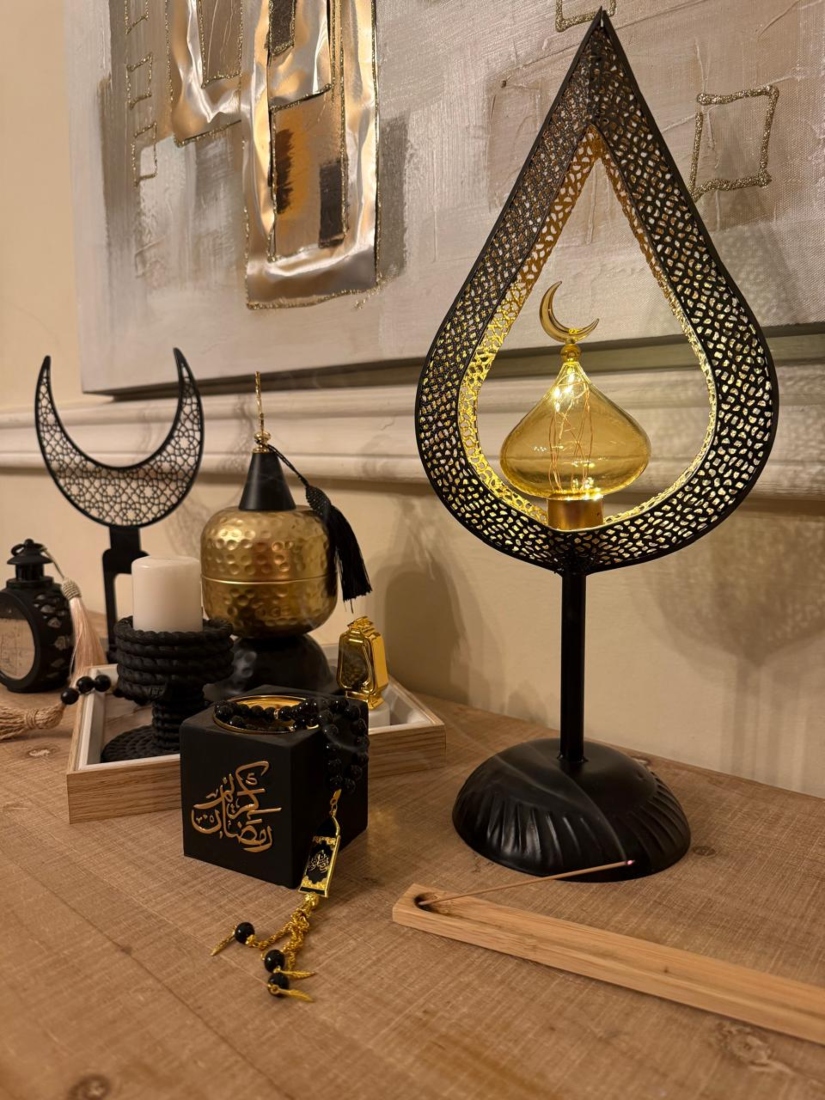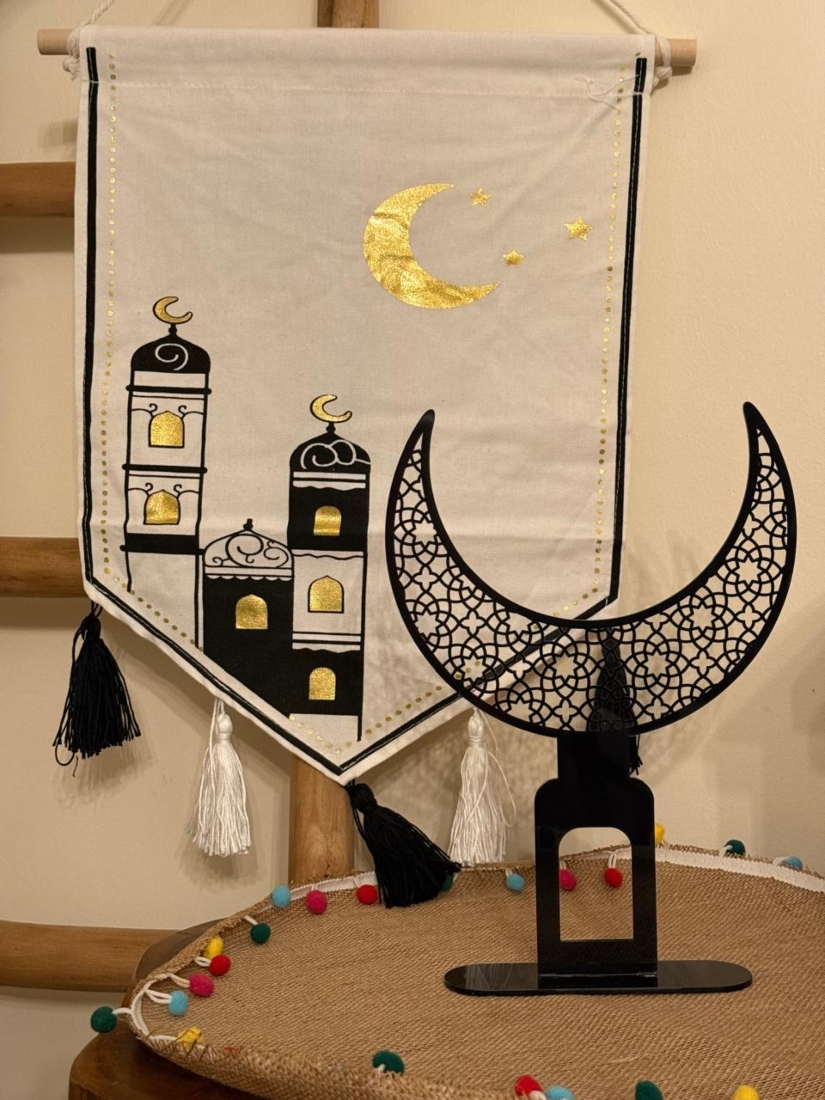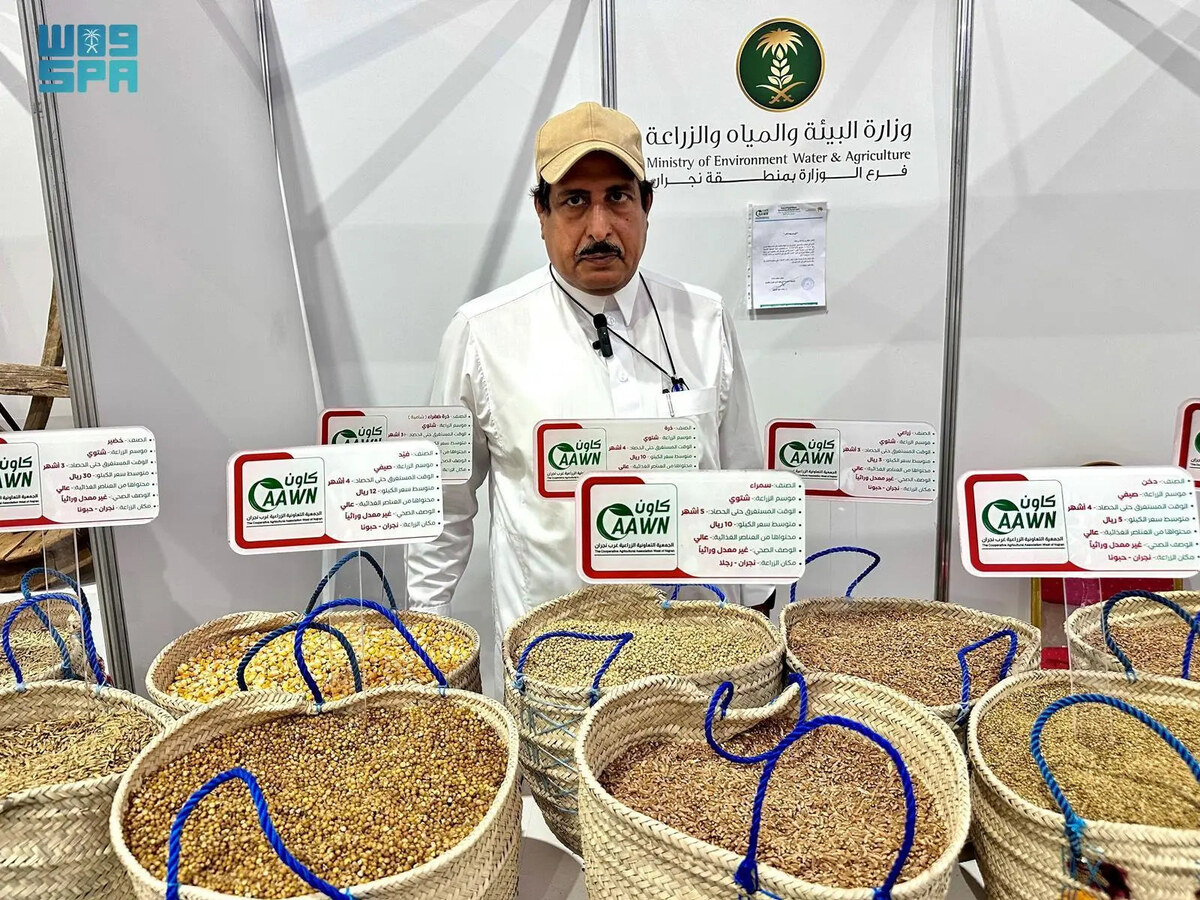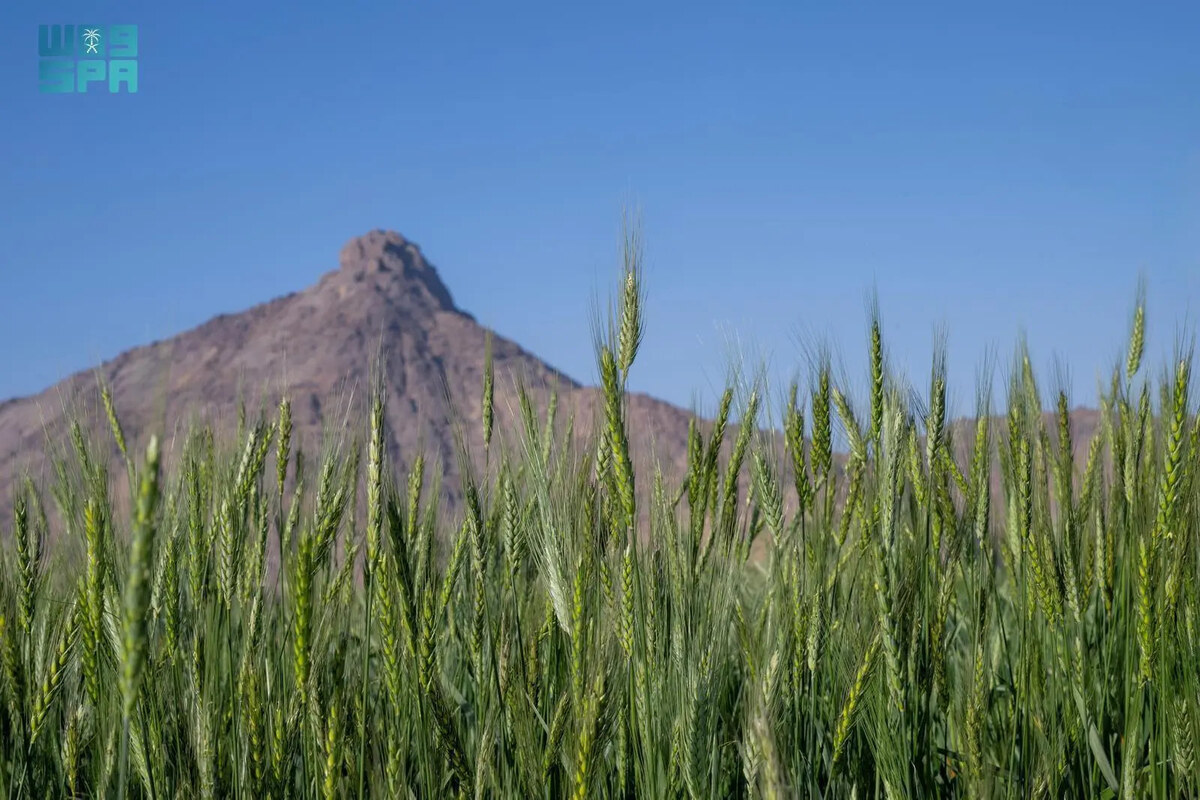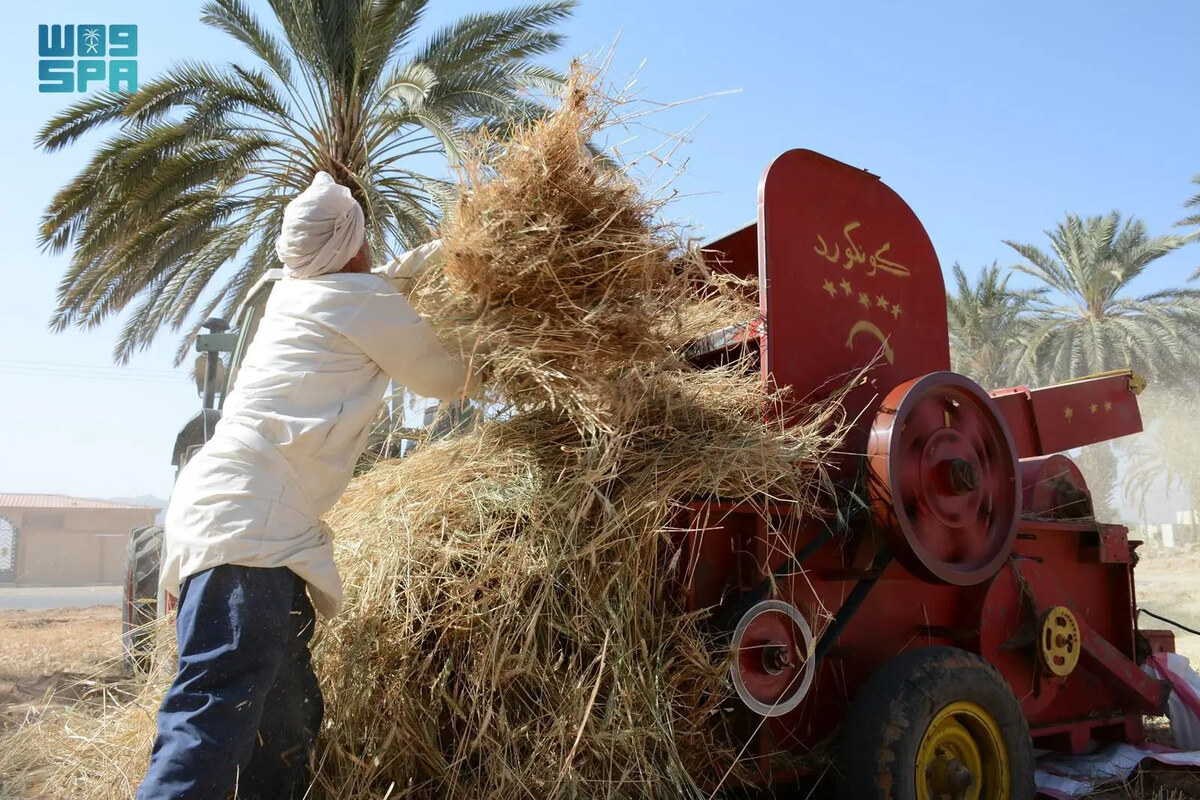JEDDAH: Businesses across the Kingdom — from food and beverage to e-commerce and hospitality — are preparing for one of the most anticipated and profitable times of the year with new product lines and marketing campaigns.
Nausherwan Hafeez, Saudi Arabia operations country manager at Amazon, told Arab News that staples including rice and oil are in high demand during Ramadan.
The company has introduced a product line named Ramadan Boxes, which includes essential items used for iftar, or breaking the fast.
Customers can choose to buy or donate these boxes, and Amazon will deliver them to local food banks, Hafeez said.
Meanwhile, businesses in the retail sector are also experiencing rising demand.
Mohammed Majid, sales manager of the Economy Saving Center, said that the Jeddah-based store has already seen a 70 percent increase in sales in the lead-up to Ramadan.
The retailer has also introduced a variety of Ramadan-themed products, from lighting and wall hangings to tissue boxes, plates, and cups, and is stocking products from local brands.
On the internet, Saleha Ameen, founder of an online store selling handmade prayer mats, beads, Qur’an stands, and scarves, said: “We have noticed a 40 percent increase in online shopping over the past two weeks leading up to Ramadan.
“There has been a notable rise in orders for customized prayer mats, with customers seeking personalized designs and symbolic letters in the beads.”
Local food brands including Soma are experiencing a significant rise in orders, particularly for grape leaves, fatteh and musakhan, which are commonly enjoyed during iftar.
Noura Abdullah, founder of Soma, said: “Ramadan is the busiest month for us, and we see a rise in sales of grape-leaf dishes that are popular during iftar.”
“To manage production and meet this increased demand, we rely on innovative technology and data analytics to optimize our operations, predict peak periods, and ensure that we can handle high volumes while maintaining product quality.”
Goody Kitchen, a digital platform owned by Goody, a prominent Saudi Arabia food brand, has also adapted its strategies to connect with consumers during Ramadan.
Noha Baik, brand experience manager at Goody Kitchen, said the company has published a Ramadan magazine listing recipes and “stories that highlight food, family, and tradition.”
Big hotels are also preparing to meet the increased demand.
Vipin Khattar, general manager of The Ritz-Carlton Jeddah, said: “This year we have focused on enhancing our iftar offerings, offering a selection of Saudi traditional dishes and creating an atmosphere that reflects the values of Ramadan.”
“We are using data analytics to tailor our offerings and ensure we meet guest preferences,” Khattar added. He said the hotel uses “AI-driven guest service tools” and allows mobile check-ins and in-app restaurant orders.
Monther Abou Alssil, general manager at Movenpick Hotel Tahlia Jeddah, said the hotel is offering an iftar menu with an Italian twist, and hosting a charity event.
“We are offering a culinary experience inspired by the heritage of Puglia, Italy, with Iftar menus created by an Italian chef from Puglia. The menu features traditional dishes like handmade orecchiette pasta, focaccia Barese, and fresh seafood,” he said.
“We will be hosting a charity event to invite individuals with special needs to break their fast with us, reflecting the values of generosity and community this Ramadan.”
He added that the hotel is focusing on “creating lasting connections.”












